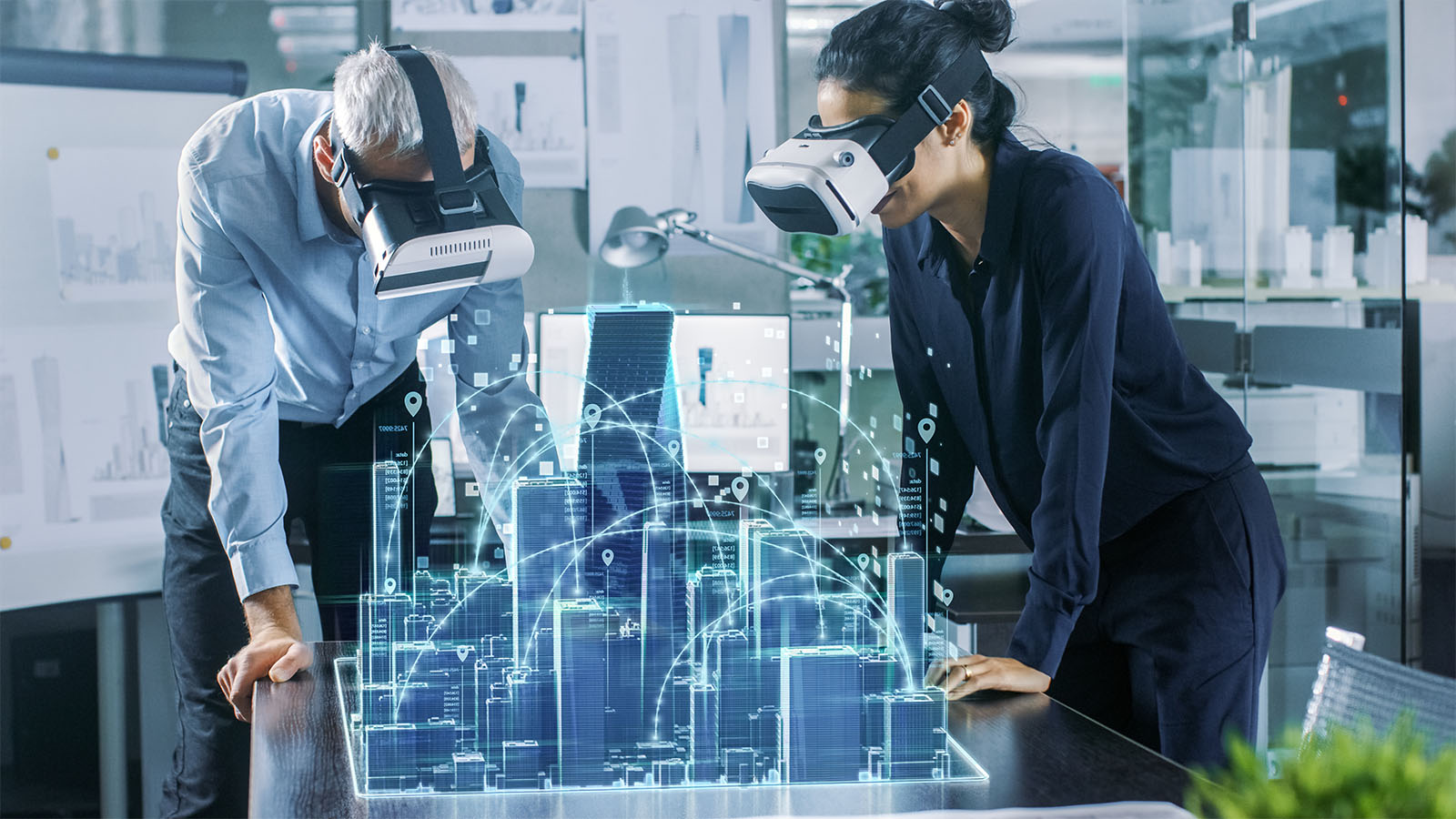Selecting the proper visual companion can make or destroy a property presentation, listing performance, and guests’ expectations. Before you sign a deal, you must pose targeted questions that will unveil talent, dependability, and whether the vendor has the ability to align with your business objectives. This blog post emphasizes the important questions to ask when finding a 3D virtual tour company and how the responses will guide long-term value.
1. Experience and Portfolio
Start by looking at who the team has worked with previously. Check for full projects, not highlight reels, as full examples are indicative of consistency in quality. Ask for samples of 3D property tours produced for businesses like yours, preferably with performance statistics indicating how the visuals influenced bookings or sales. A good portfolio indicates not only technical competence but also experience within your sector. Where feasible, talk to previous clients directly to verify claims.
2. Technology and Output Formats
Technology varies among 3D virtual tour providers. Inquire about the cameras, software, and rendering tools they work with, and how the finished content will be provided. Will you get a web-embedded viewer, downloadable files, or integration with sites such as booking engines? Compatibility between mobile devices, desktops, and VR headsets is important, particularly if you have a wide range of audiences. A business that sets out tradeoffs in terms of formats and performance explicitly is more likely to provide a reliable product.
3. Workflow and Timeline
How much time is required from the first phase of preparing the site to finally delivering? What was the staging like? How many people are required on-site for work? And is a reshoot included in the package? Further, one needs to take note of the review process, how many rounds of revisions would be expected prior to sign-off? A good provider should be realistic with the timelines and project milestones and provide a contingency plan for delays so that the marketing calendar remains unaffected.
4. Cost Structure and Licensing
Price transparency is essential. Segment the quote into capture fees, processing fees, hosting, and post-launch support. Aside from costs, control of final files is usually an issue. Specify whether you have perpetual rights to the assets or if the seller retains ownership under a limited license. Transparent terms prevent misunderstandings down the line when you need to reuse a tour for future marketing campaigns or property listings.
5. Hosting, Performance, and SEO
Where your tour is served impacts user experience and search visibility. Inquire whether tours are served from a content delivery network (CDN) to assure fast load times globally. Aside from speed, ensure whether the vendor offers SEO-friendly embeds, schema markup, and descriptive alt text. Properly indexed 3D property tours rank in organic searches and keep your site competitive.
6. Integration and Analytics
A tour not integrated with your booking or content management system made it less appealing. Ask if the vendor has integrations with CRM, booking engines, and property management software. Just as useful for analytics, like heatmaps, engagement measures, and user flow data, which provide insight as to which scenes impact conversion. Selecting a vendor who provides actionable insights makes it easier to determine true impact.
7. Accessibility and User Experience
Not everyone may have superfast Internet bandwidth or an ultimate device. Tours have to be optimized for desktop and mobile platforms, with fallback images for the low-bandwidth visitors. Check for keyboard navigation, descriptive labels, and alt text, among other accessibility features. The more people who can use the tour, the higher its trustworthiness and, as a result, the lower the bounce rates.
8. Security and Privacy
If your property features restricted or private spaces, privacy must be on the agenda. Ask how sensitive spaces are managed, through masking, exclusion, or limited access. Also, ask about data protection: are files encrypted in storage and transit? Does the company have clear policies around retention? These specifics are important when dealing with sensitive commercial or residential properties.
9. Support and Future Updates
What happens after delivery? A strong 3D virtual tour company will provide ongoing support, training for your team, and assistance with future updates. Ask how quickly they respond to technical issues and what costs apply to reshoots after renovations.
How to Choose a 3D Virtual Tour Provider
If you are asking yourself how to select a 3D virtual tour provider, compare applicants on various factors: technological capabilities, experience in your industry, hosting and SEO preparedness, price transparency, and customer support quality. Don’t base your decision entirely on price, as the lowest quote will usually omit such critical components as licensing or support. Give priority to clarity, references, and companies that agree to provide a demo or trial.
Conclusion
Asking the right questions safeguards your budget, keeps the project in line with business objectives, and has your virtual assets generate quantifiable value. A transparent evaluation process not only allows you to determine the most capable partner but also enables you to have confidence in the result. For companies in Dubai that require professional 3D property tours with sound support and integration, Limina Studios delivers end-to-end solutions specializing in real estate, hospitality, and commercial clients.






















